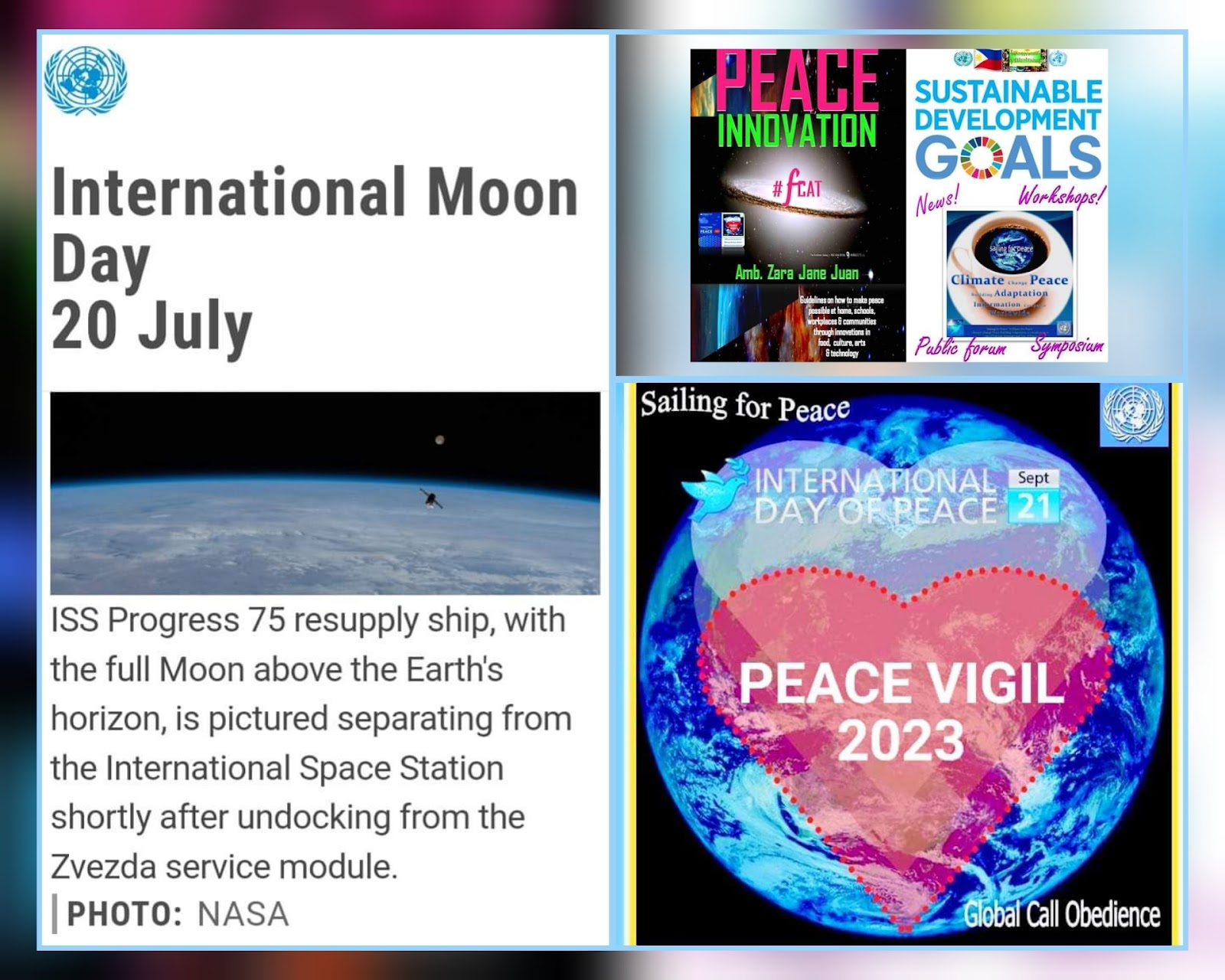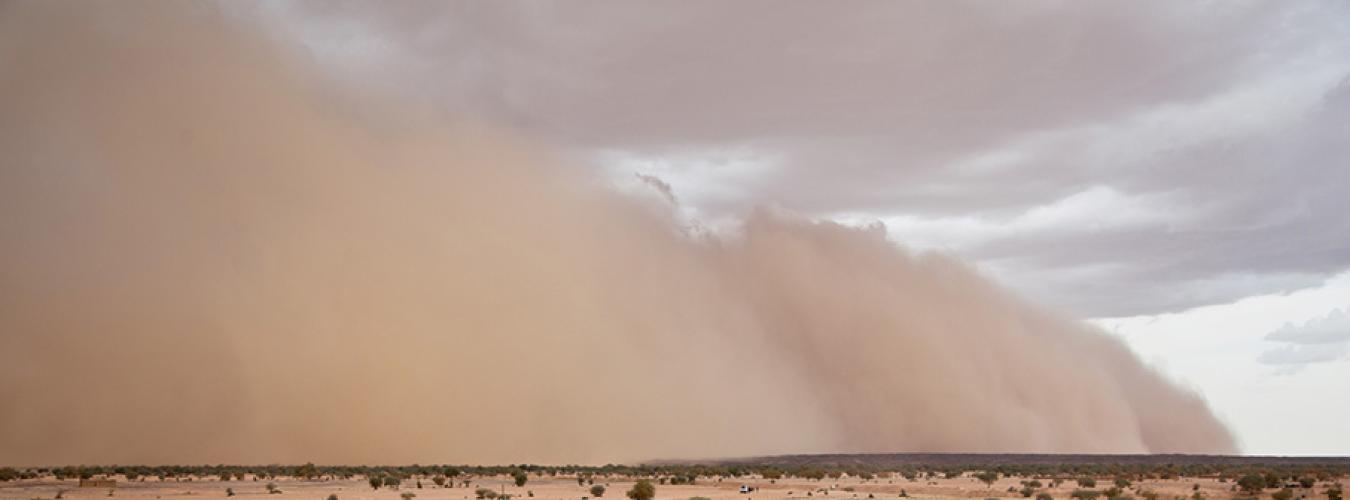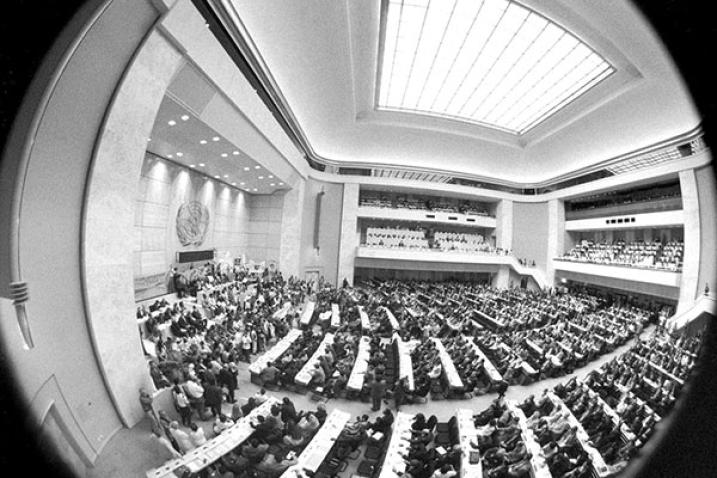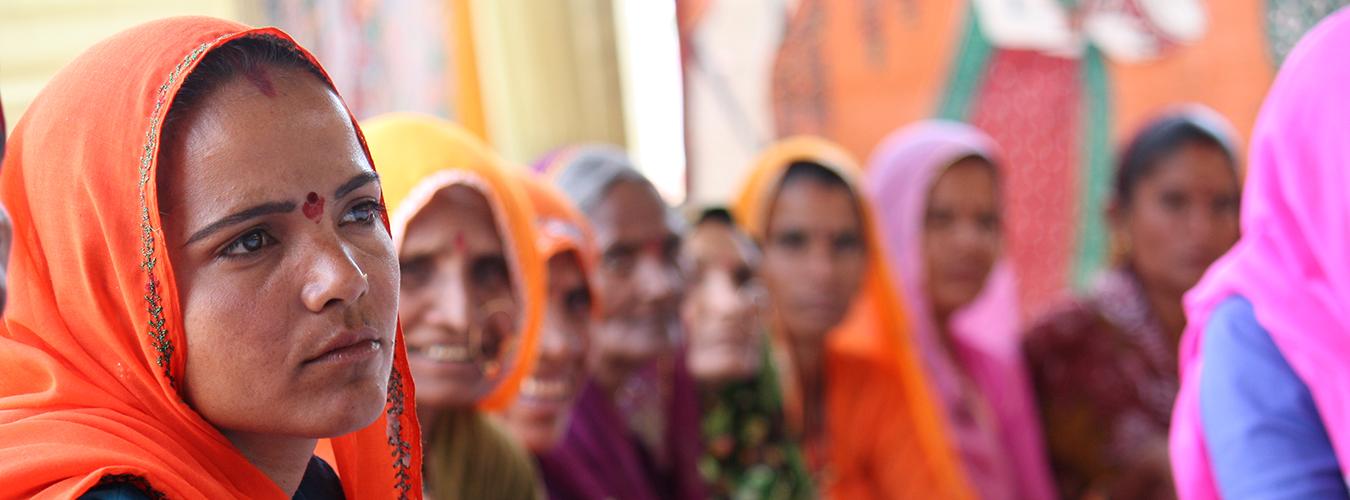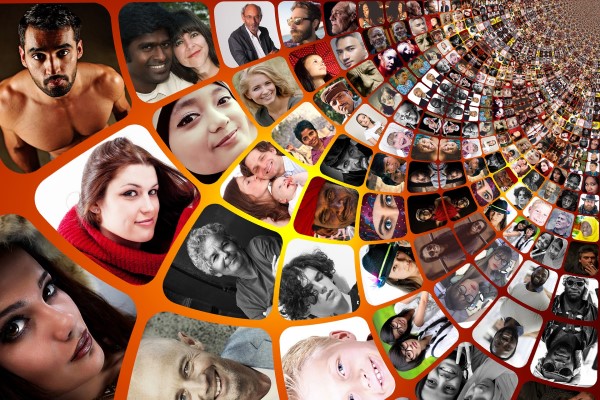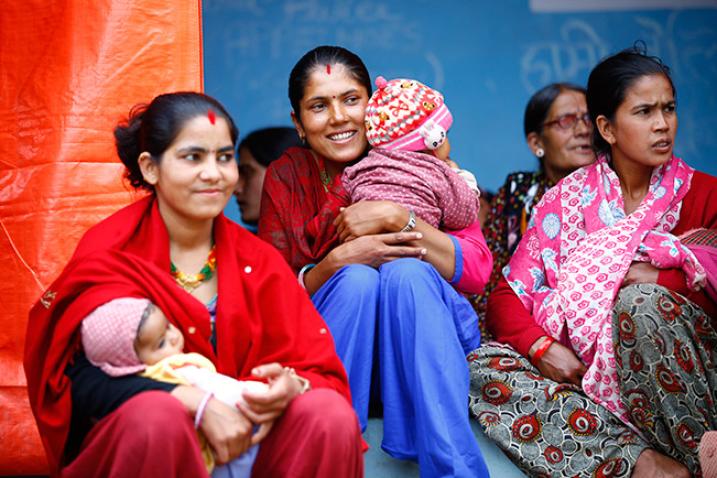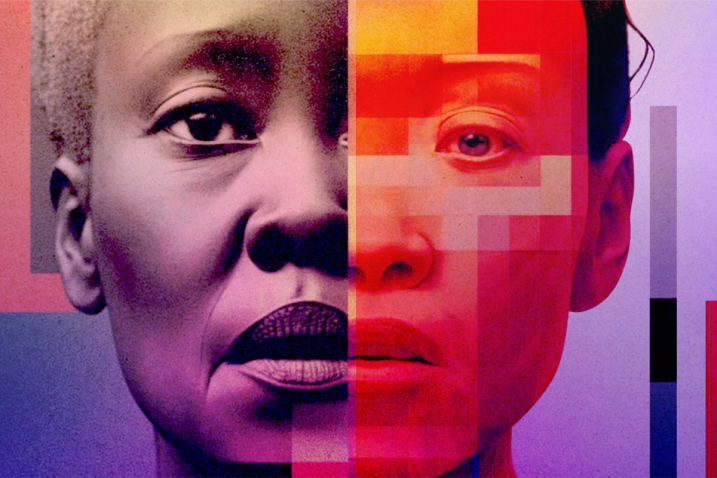Some of the most intimidating sights in nature are rolling dark clouds of sand and dust that engulf everything in their path, a phenomenon that turns day into night and wreaks havoc everywhere from Northern China to sub-Saharan Africa.
Sand and dust storms and the Sustainable Development Goals (SDGs)
Sand and dust storms (SDS) present a formidable and wide-spread challenge to achieving sustainable development in its economic, social and environmental dimensions. They have become a serious global concern in recent decades due to their significant impacts on the environment, health, agriculture, livelihoods, and socio-economic well-being. Sand and dust storms are an essential element of the Earth’s natural bio-chemical cycles, but are also caused in part by human-induced drivers, including climate change, and unsustainable land management and water use. In turn, sand and dust storms contribute to climate change and air pollution. Sand and dust storms’ impacts are felt in all regions of the world, both in developed and developing countries, and pose severe challenges to achieving 11 of the 17 Sustainable Development Goals, especially:
- SDG-2 — Goal 2: Zero hunger
- SDG-3 — Goal 3: Health
- SDG-6 — Goal 6: Water and sanitation
- SDG-8 — Goal 8: Economic growth
- SDG-11 — Goal 11: Cities
- SDG-13 — Goal 13: Climate action, and
- SDG-15 — Goal 15: Biodiversity forests and desertification.
At least 25 per cent of global dust emissions originate from human activities, and in some areas, desert dust has doubled in the 20th century. The impact of this phenomena is difficult to control, as human activity in one part of the world can cause sand and dust storms in another region. However, just as sand and dust storms are caused by human activities, these storms can also be reduced through human actions.
United Nations action
Recognizing that sand and dust storms and their negative impacts at different scales are issues of international concern, the United Nations General Assembly proclaimed 12 July as the International Day of Combating Sand and Dust Storms (A/RES/77/294).
The United Nations General Assembly, furthermore, stressed the need for cooperation at the global and regional levels, with a view to preventing, managing and mitigating the effects of sand and dust storms through the enhancement of early warning systems and the sharing of climate and weather information to forecast sand and dust storms. The General Assembly affirmed that resilient action to combat and reduce sand and dust storms requires a better understanding of the severe multidimensional impacts of sand and dust storms, including the deterioration of the health, well-being and livelihood of people, increased desertification and land degradation, deforestation, loss of biodiversity and land productivity, threatening food security, and their impact on sustainable economic growth.
United Nations Coalition on Combating Sand and Dust Storms (UNCCD)
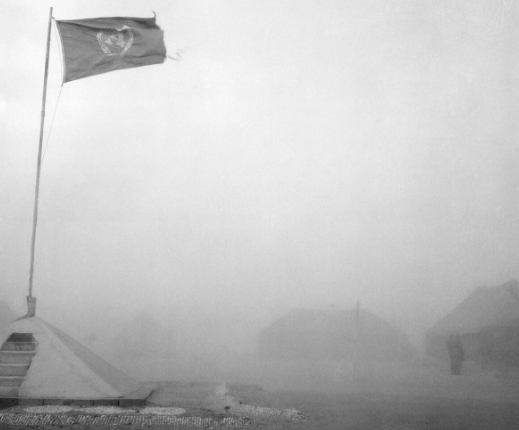
In response to several recent General Assembly resolutions on Combating sand and dust storms, United Nations Convention to Combat Desertification (UNCCD) Parties officially launched the UN Coalition on Combating Sand and Dust Storms, committing the UN System to a proactive approach to combat Sand and dust storms (SDS), and to enhance cooperation and coordination on SDS at global, regional and sub-regional levels.
The mandate of the UN Coalition on Combating SDS, as defined by the participating entities is as follows:
- Promote and coordinate a collaborative UN System response to SDS;
- Facilitate exchange of knowledge, data and best practices among Coalition members to promote effective and coherent actions on SDS across the UN system and beyond;
- Encourage and promote collaboration on initiatives and actions among members of the Coalition, including advocacy and funding initiatives;
- Facilitate dialogue and collaboration amongst affected countries and the UN system in addressing SDS issues collectively;
- Facilitate the capacity-building of Member States, raise their awareness and enhance their preparedness and response to SDS in critical regions.
Facts & Figures
- Approximately 2 million tonnes of sand and dust enter the atmosphere annually.
- SDS mostly occur in dry and desert regions, but can be carried long distances to impact regions much further away.
- Dust particles, circulated by SDS, provide nutrients to marine ecosystems, but can also contribute to coral mortality and hurricane formation.
- SDS can cause respiratory diseases, heart disorders, and eye and skin irritation and can also spread other diseases, such as meningitis.
- Aviation and ground transportation can be disrupted by SDS.
- Agricultural practices and productivity can be impacted by SDS, which can also contribute to desertification processes.
- Sustainable water and land management practices can decrease the impacts of SDS.
Source: UN Environment Management Group
Protecting People from Sand and Dust Storms (WMO)
World Meteorological Organization (WMO) informational video on Sand and Dust Storms and their effects on health.
Sand and Dust Storms Compendium
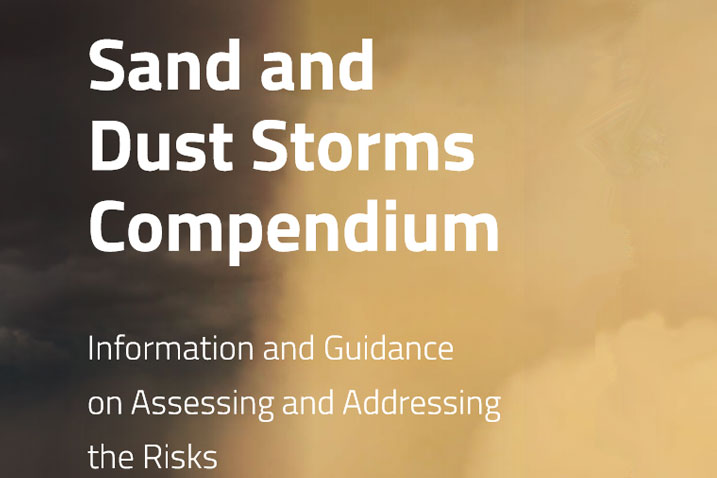
The aim of the Sand and Dust Storms Compendium is to provide information and guidance on how to assess and address the risks posed by sand and dust storms and plan actions to combat sand and dust storms. The Compendium brings together this information from a wide range of sources.
UNEP: Impacts of Sand and Dust Storms on Oceans

Each year, an estimated two billion tonnes of dust is raised into the atmosphere. According to the report, Impacts of Sand and Dust Storms on Oceans: A Scientific Environmental Assessment for Policy Makers, even the smallest elements can have substantive effects on ecosystem functioning – and on the Earth system, at large.


